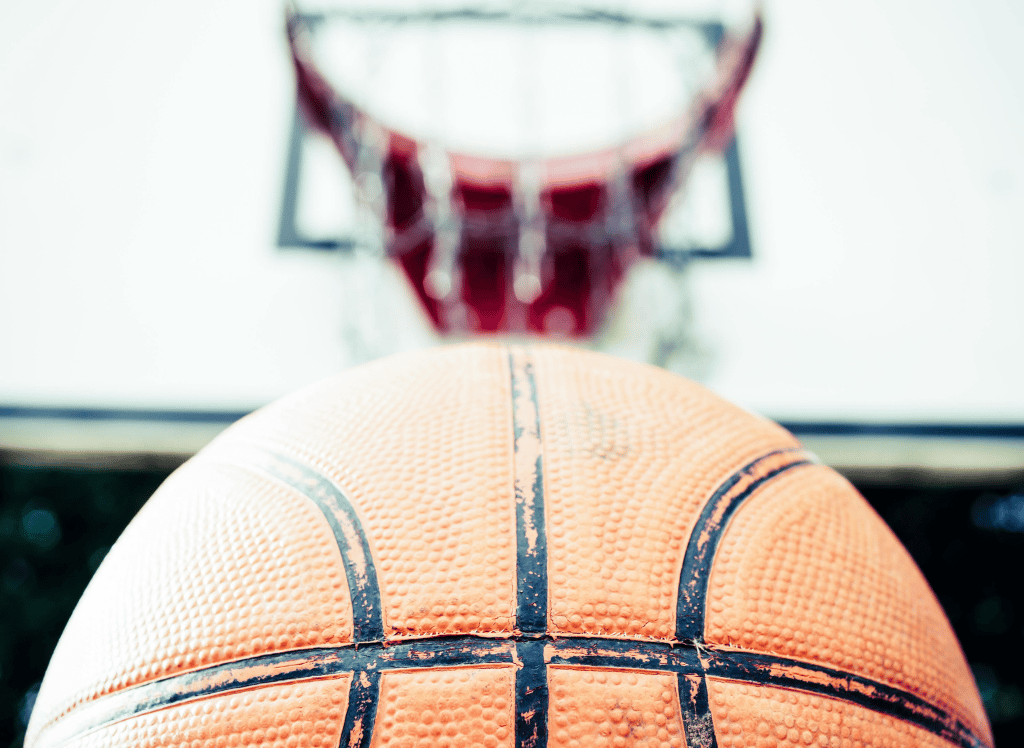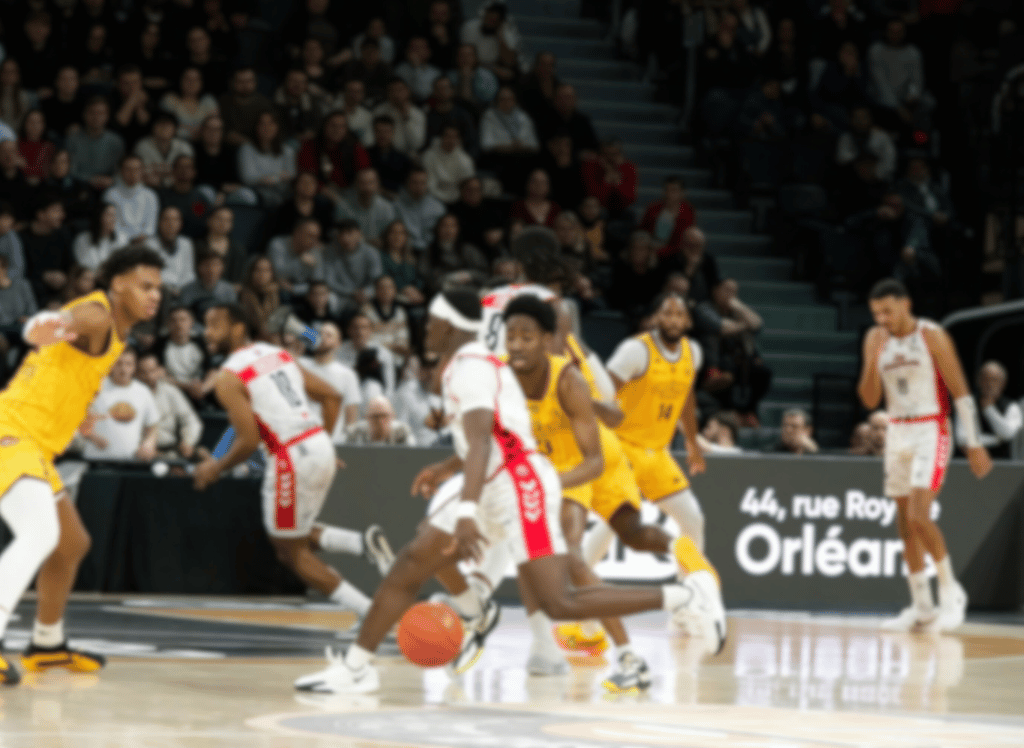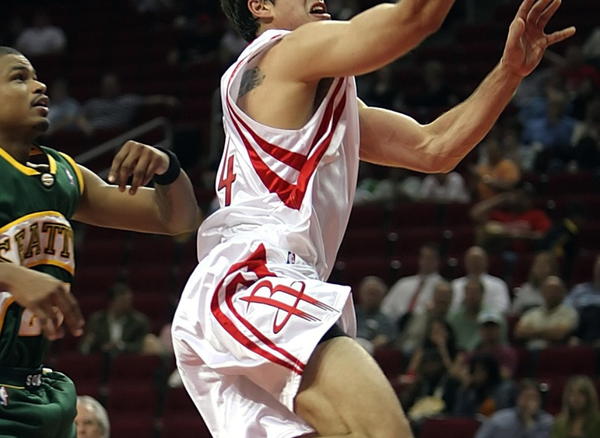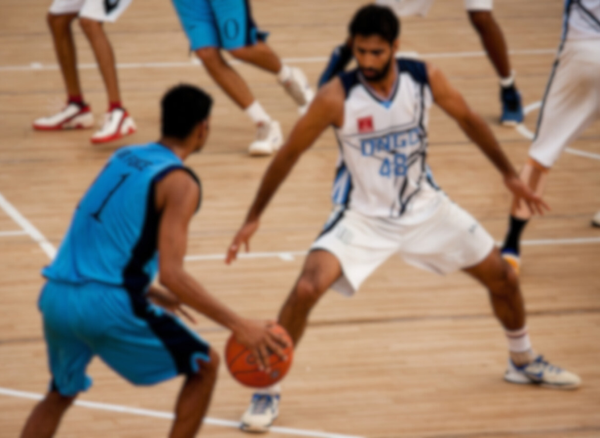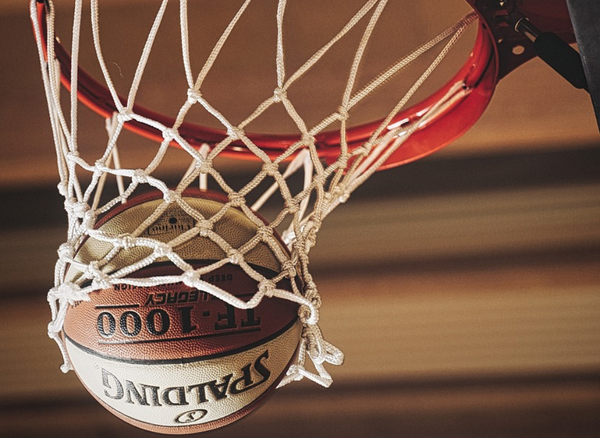If you’re a basketball fan, you’ve probably heard the term “turnover” thrown around. But what does it actually mean in the sport of basketball? Let’s dive into what exactly constitutes as a turnover and why they are such an important part of the game.
What is a turnover in basketball?
A turnover in basketball is when the team with possession of the ball loses control of it or commits an offensive foul. A turnover can also occur when a player errantly passes the ball to an opposing player or out of bounds. When any of these scenarios occur, possession changes hands and the other team gets their turn to play offense.
It can happen in a few other ways as well – some more obvious than others and that's why we have referees.
What counts as a turnover in basketball?
There are various types of turnovers where teams are forced to give up possession to the other team.
Traveling occurs when a player moves their feet while holding the basketball without dribbling it properly. This usually happens because players attempt to take extra steps before attempting a shot or making a pass so they have more time and space to do so.
Double dribbling is when a player is dribbling with both hands at the same time.
Carrying or Palming occurs when a player holds the basketball under their palm or hands while dribbling instead of using their fingertips for control.
Passing out of bounds meaning that it goes off the court without being touched by any players; results in an immediate turnover due to lack of control over where exactly on court you throw your pass.
Another type of errant pass is when a player had intended to pass the ball to his teammate, but winds up intercepted by an opponent instead. A pass intercepted by the other team can also be referred to as a steal for the opposition; who takes control of the ball first after its wayward journey away from the intended recipient. Such mistakes are often caused by poor passing technique, hesitance from the passer, distractions, or just good defense from the other team.
Offensive fouls include charges where defenders are set up close enough to the offensive player and the offensive players charges into the defender's established position.
Additionally, illegal screens are offensive fouls involving excessive physical interference amongst different members of the teams attempting to break open lanes for scoring opportunities.
Why Do Turnovers Matter?
Turnovers can affect how many points each team scores in a game.
Additionally, turnovers can be used as an indicator of how well in sync a team is playing. If one team has significantly more turnovers than their opponents, it could be indicative that they are not playing as well as their opponents, and need to work on their ball-handling skills or communication on offense.
Turnovers can also impact the game through momentum shifts. If one team makes several turnovers in quick succession, this could lead to an energy shift where their opponents take control and gain momentum that could help them win the game.
How Can I Avoid Turnovers?
The best way to avoid turnovers is by ensuring that all players on your team understand the importance of taking care of the basketball.
The best way to avoid turnovers is by:
- being aware of where your teammates are, so you can make good passes
- being mindful of defensive pressure, so you don't get stripped of the ball
- practicing good shot selection, so you want charge
- not forcing passes when there's nowhere to go with the ball
With these tips in mind, you'll be able to help minimize turnovers during your next game!
Take Care of the Ball!
Please feel free to learn more with our other basketball articles:





